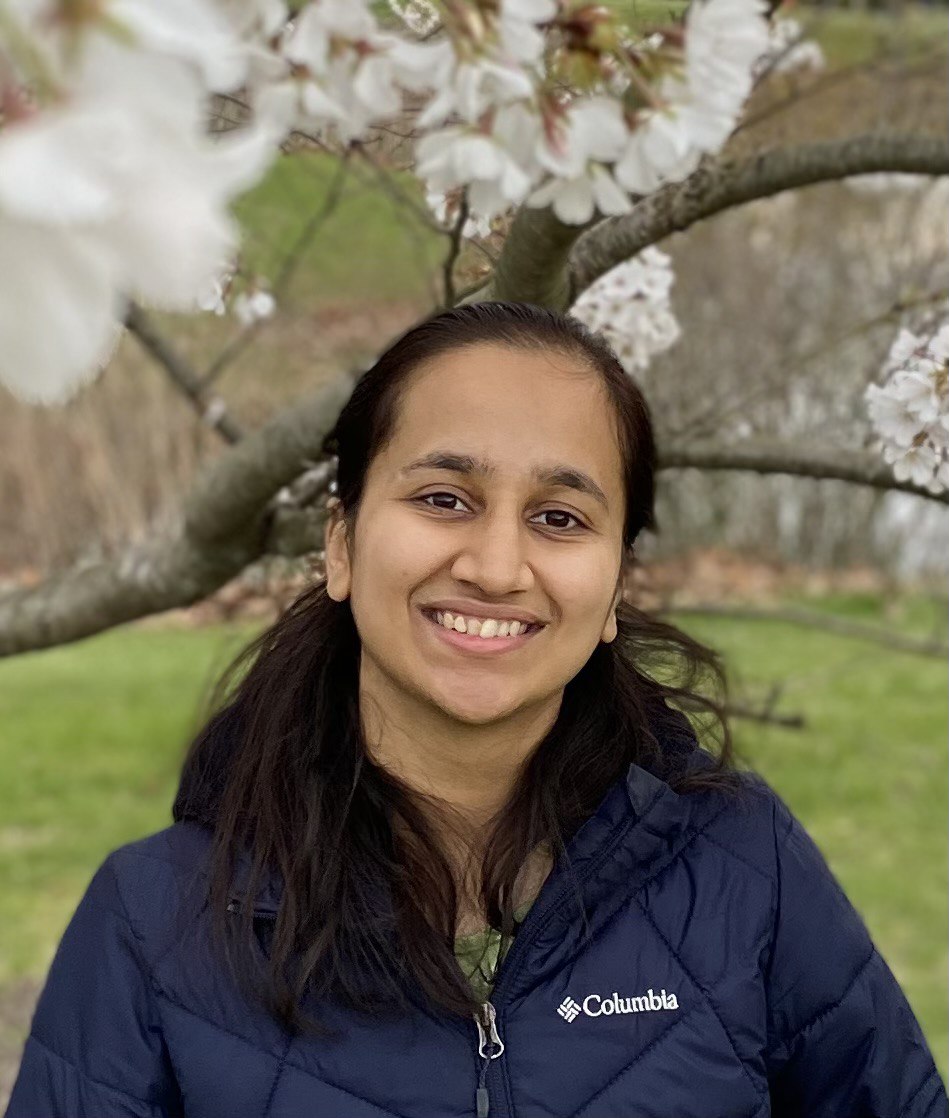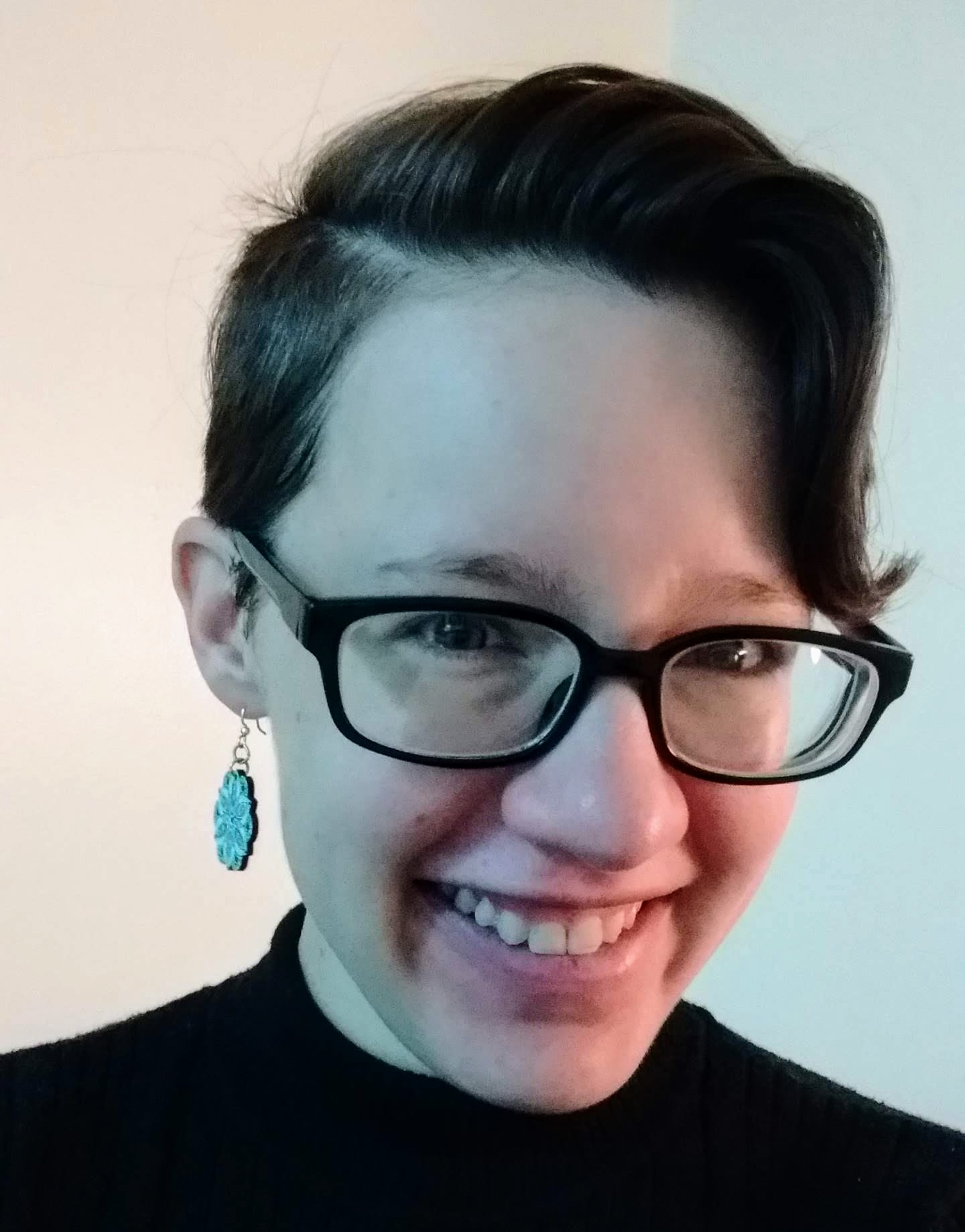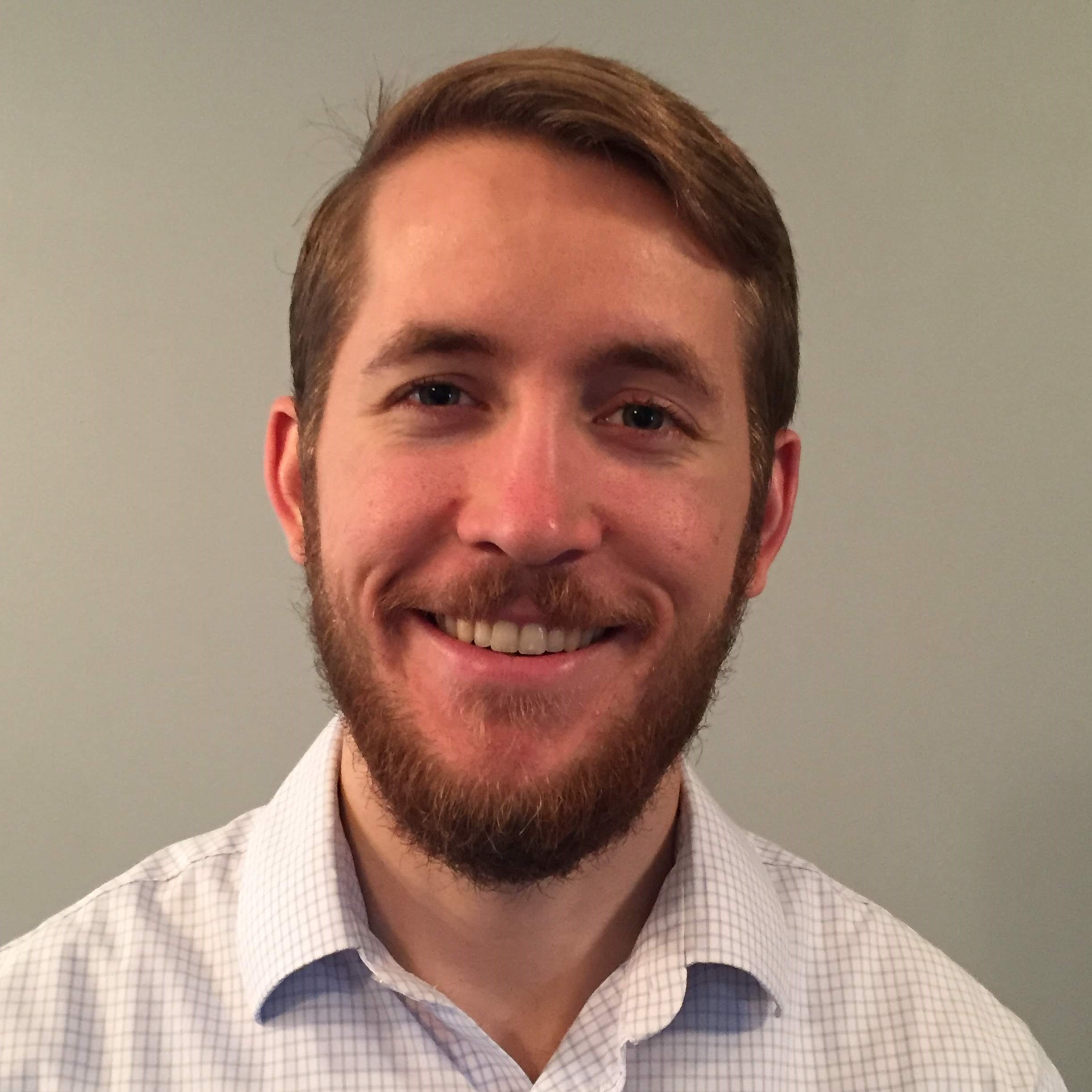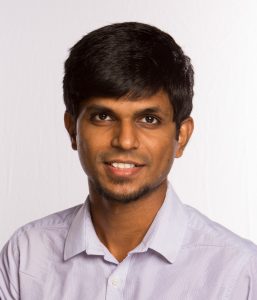Welcome to the Institute for COmputational Redistricting (ICOR), housed in the Department of Computer Science at the University of Illinois at Urbana-Champaign. Gerrymandering has become an issue of widespread national concern, with implications on our nation's democratic process. Our mission is to provide transparent approaches for redistricting grounded in computational methods, which serve the people's needs and values. Our vision is that governments and legislative bodies adopt transparent redistricting processes that empower all voters to express their choices for the elected officials who will represent them. Our research group conducts computational research for redistricting, focusing on optimization-based AI, operations research, and game theory, with an eye to applying such methods to redistricting problems at the national, state, and local levels. We are not seeking to define fair district maps, since with numerous conflicting fairness measures, fair district maps rarely (if ever) exist. Our hope is to design and apply computational methods to combat gerrymandering by creating a transparent environment under which district maps can be discussed, debated, and evaluated.
As the 2021 round of redistricting unfolds across the country, our research group has produced congressional district maps for the state of Illinois. Using 2020 census data, we produce eight options for congressional district maps that all have five majority-minority districts. These maps have reasonably compact district shapes and prioritize different aspects of fairness. Click here for the full report. This report (posted 15 December 2021) is a revision of the previous version (posted 9 August 2021).
On 9 August 2021, our research group produced congressional district maps for Illinois with four majority-minority districts, using the 2019 American Community Survey population and demographic estimates. Click here for the full report.
The first proposed 2021 congressional map for Illinois was released on Friday, October 15, 2021. We analyze this map, scoring it according to voting-based fairness metrics, and conclude that there is a clear Democratic advantage. Click here for the full analysis.
Another proposed 2021 congressional map for Illinois was released on Thursday, October 28, 2021. We analyze this map, scoring it according to voting-based fairness metrics, and conclude that there is a clear Democratic advantage. Click here for the full analysis.
The Arizona Independent Redistricting Commission (IRC) is tasked with redrawing Arizona's nine congressional districts. Our research group presents congressional district maps for Arizona created using optimization-based computational tools. The goals of this endeavor are to promote the use of quantitative methodologies for transparent redistricting and in particular to examine the implications for redistricting in Arizona. The algorithm is tailored to the six criteria in Arizona’s Proposition 106. In particular, these maps have been optimized to find the most compact and/or competitive districts while ensuring that other criteria (including population balance, contiguity, the requisite number of majority-minority districts, unbroken census tracts, preserving counties) are satisfied relative to existing norms. The maps highlight the ability of the optimization algorithm to find district maps that emphasize particular redistricting criteria such as competitiveness or compactness.
Click here for the full report. It contains six congressional district maps, the methodology used to create the maps, and a discussion on the trade-offs between the criteria.
In January 2021, the Missouri League of Women contacted ICOR to prepare congressional and state legislative district plans for Missouri. We provide a collection of district plans and discuss the interplay between Missouri's political geography, constitutional requirements, and political fairness. Click here for the full report.
Based on our engagement with the Arizona Independent Redistricting Commission (AIRC) in the drafting stages of Arizona's 2022 congressional district map, we have created Optimap, a publicly accessible optimization framework.
Click here to access Optimap.
Dobbs, K.W., King, D.M., Jacobson, S.H., 2023, “Redistricting Optimization with Recombination: A Local Search Case Study,” Computers & Operations Research.
Dobbs, K.W., Swamy, R., King, D.M., Ludden, I.G., Jacobson, S.H., 2023, “An Optimization Case Study in Analyzing Missouri Redistricting,” INFORMS Journal on Applied Analytics.
Ludden, I.G., Swamy, R., King, D.M., Jacobson, S.H., 2022, “A Bisection Protocol for Political Redistricting,” INFORMS Journal on Optimization. Click here for pdf, and here for appendices.
Swamy, R., King, D.M., Jacobson, S.H., 2022, “Multiobjective Optimization for Politically Fair Districting: A Scalable Multilevel Approach,” Operations Research.
King, D.M., Jacobson, S.H., Sewell, E.C., 2018, “The Geo-Graph in Practice: Creating United States Congressional Districts from Census Blocks,” Computational Optimization and Applications, 69(1), 25-49. Click here for pdf.
King, D.M., Jacobson, S.H., Sewell, E.C., 2015, “Efficient Geo-Graph Contiguity and Hole Algorithms for Geographic Zoning and Dynamic Plane Graph Partitioning,” Mathematical Programming, 149(1&2), 425-457. Click here for pdf.
King, D.M., Jacobson, S.H., Sewell, E.C., Cho, W.K. Tam, 2012, “Geo-Graphs: An Efficient Model for Enforcing Contiguity and Hole Constraints in Planar Graph Partitioning,” Operations Research, 60(5), 1213-1228. Click here for pdf.
"Political Districting with Fairness Objectives: An Optimization-Based Multilevel Approach," Rahul Swamy, Douglas M. King, and Sheldon H. Jacobson
First Place (out of 51 papers), INFORMS Service Science Best Paper Award, 2019.
Finalist (out of 39 papers), Best Paper Award, INFORMS Public Sector Operations Research, 2018.
First Place (out of 30 posters), Poster Competition, INFORMS Annual Meeting, Phoenix AZ, 2018.
"The Geo-Graph in Practice: Creating United States Congressional Districts from Census Blocks," Douglas M. King, Sheldon H. Jacobson, Edward C. Sewell
Finalist, Best Paper Award, INFORMS Section on Public Policy, Services and Needs, 2012.
"Graph theory models and algorithms for political districting: an approach to inform public policy," Douglas M. King
2nd Place, IISE Pritsker Doctoral Dissertation Award, 2013
Contributed Presentation (with S. Deshpande, N. Garg), "Fairness and Strategies in Multi-Member Districts" INFORMS Annual Meeting, 15-18 October 2023, Phoenix, AZ.
Invited Presentation (with K.W. Dobbs, D.M. King, I.G. Ludden), "Redistricting Compromise with Distance Metrics and Midpoints" INFORMS Annual Meeting, 15-18 October 2023, Phoenix, AZ.
Invited Presentation (with K.W. Dobbs, D.M. King), "Political Redistricting Optimization with Recombination" INFORMS Annual Meeting, 16-19 October 2022, Indianapolis, IN.
Contributed Presentation (with I.G. Ludden, D.M. King), "A Bilevel Define-Combine Formulation with Applications to Political Redistricting" INFORMS Annual Meeting, 16-19 October 2022, Indianapolis, IN.
Contributed Presentation (with S. Deshpande, I.G. Ludden), "Strategic Campaigning vs Fairness Metrics in Political Redistricting" INFORMS Annual Meeting, 16-19 October 2022, Indianapolis, IN.
Contributed Presentation (with K.W. Dobbs, R. Swamy, I.G. Ludden, D.M. King), "Practical Redistricting for Missouri Using Recombination" INFORMS Annual Meeting, 24-27 October 2021, Anaheim, CA.
Invited Presentation (with R. Swamy, D.M. King), "An Analysis of Multilevel Algorithms for Compact Districting" INFORMS Annual Meeting, 24-27 October 2021, Anaheim, CA.
Invited Presentation, “Creating a Transparent Environment for Political Redistricting Using Districting Algorithms,” University of Southern California, 13 November 2019, Los Angeles, California.
Contributed Presentation (with I.G. Ludden, R. Swamy, D.M. King), "A Bisection Protocol for Political Redistricting," INFORMS Annual Meeting, 19-23 October 2019, Seattle, Washington.
Invited Presentation (with R. Swamy, D.M. King), “Multi-objective Optimization for Political Districting: A Scalable Multilevel Approach,” INFORMS Annual Meeting, 19-23 October 2019, Seattle, Washington.
Invited Presentation (with E.C. Sewell, D.M. King), “Contiguity Constraints in Geographic Districting,” INFORMS Annual Meeting, 19-23 October 2019, Seattle, Washington.
Invited Presentation (with R. Swamy, D.M. King), “Transparency versus Fairness in Political Redistricting,” INFORMS Annual Meeting, 19-23 October 2019, Seattle, Washington.
Invited Presentation, “Creating a Transparent Environment for Political Redistricting Using Districting Algorithms,” “Algorithmic Districting and its Role in Addressing Gerrymandering,” Harry S Truman School of Public Affairs, University of Missouri, 13 September 2019, Columbia, Missouri.
Contributed Presentation (with R. Swamy, D.M. King), “A Multi-criteria Approach to Political Redistricting," Euro-OR, 23-26 June 2019, Dublin, Ireland.
Invited Presentation, “Algorithmic Districting and its Role in Addressing Gerrymandering,” American College of Physicians Spouses Program, 10 April 2019, Philadelphia, PA.
Invited Presentation, “Creating a Transparent Environment for Political Redistricting Using Districting Algorithms,” University of Buffalo, 29 March 2019, Buffalo, NY.
Invited Panelist, “Redistricting Reform,” Big Ten Strategic Partnership for Applied Redistricting Knowledge (SPARK) Conference, University of Maryland, 4-5 March 2019.
Invited Seminar, “Efficient Methods for Enforcing Contiguity Constraints in Geographic Districting Problems (GDPs),” University of Kentucky, 21 February 2019, Lexington, KY.
Contributed Session (with R Swamy, DM King), INFORMS Annual Meeting, 4-7 November 2018, “Multi-objective Optimization for Political Districting With Explicit Fairness Considerations," Phoenix, AZ.
Contributed Session (with DM King, EC Sewell), SIAM Conference on Discrete Mathematics, June 4-8, 2018, “Efficient Methods for Enforcing Contiguity in Geographic Districting Problems,” Denver, Colorado.
Invited Seminar, “Efficient Methods for Enforcing Contiguity Constraints in Geographic Districting Problems (GDPs),” Rice University, 11 April 2018, Houston, TX.
Invited Presentation, Atlanta INFORMS Chapter, 29 March 2018, “Politics, Gerrymandering, and Dancing Pigs,” Atlanta, GA.
Presentation (with D.M. King, E.C. Sewell), “Scalable Contiguity Assessments in Practical Political Districting,“ 2017 INFORMS Annual Meeting, 21-25 October 2017, Houston, TX.
Presentation (with R. Swamy, D.M. King), “Multilevel Geo-graph Framework For The Political Districting Problem,“ 2017 INFORMS Annual Meeting, 21-25 October 2017, Houston, TX.
Invited Seminar, “Efficient Methods for Enforcing Contiguity Constraints in Geographic Districting Problems (GDPs),” Operations Research Center, MIT, 12 October 2017, Cambridge, MA
Invited Presentation (with D.M. King, E.C. Sewell), 2015 INFORMS Annual Meeting, October 31-November 3, 2015, Philadelphia, Pennsylvania, “An Efficient Contiguity-enforcement Algorithm for Practical Geographic Districting Problems.”
(15 June 2023) How the Supreme Court's ruling on voting rights could actually help Republicans (The Hill, S.H. Jacobson)
(10 June 2023) Analysis: What makes a fair election? (AP News, David A. Lieb)
(05 Dec 2022) New research develops a model for political redistricting that optimizes political fairness (EurekAlert, Ashley Smith)
(17 Oct 2022) Gerrymandering is not just an American problem (The Hill, S.H. Jacobson)
(12 Sep 2022) When (not whether) to eliminate the Electoral College? (The Hill, S.H. Jacobson)
(23 May 2022) Census Bureau miscounts could have midterm consequences (The Hill, S.H. Jacobson)
(02 May 2022) Featured Commentary: The dark side of gerrymandering (Trib Live, S.H. Jacobson)
(18 Apr 2022) Guest Commentary: Redistricting requires compromise DeSantis can't muster (Orlando Sentinel, S.H. Jacobson and S.B. Shmoyes)
(30 Aug 2021) Software can prevent gerrymandering, but will Utah use it? Robert Gehrke asks. (The Salt Lake Tribune, Robert Gehrke)
(18 Aug 2021) Editorial: Fight for fair election maps may be delayed but remains alive (Daily Herald Editorial Board)
(16 Aug 2021) Illinois' congressional map drawing does not need to be contentious. (Daily Herald, S.H. Jacobson)
(16 Aug 2021) Op-Ed: Time is ripe for computational redistricting to expose gerrymandering. (The Hill, S.H. Jacobson)
(8 July 2021) Op-Ed: Data should dictate voting rights. (The Hill, S.H. Jacobson)
(1 July 2021) Op-Ed: Gerrymandering and restricting voting rights: Flip sides of the same coin. (The Hill, S.H. Jacobson)
(13 June 2021) Op-Ed: Illinoisans deserve better when it comes to redistricting. (The News-Gazette, S.H. Jacobson)
(02 Jun 2021) Oral History Interview: Sheldon Jacobson - Civics Education (Abraham Lincoln Presidential Library and Museum, Springfield, IL)
(22 April 2021) Op-Ed: What's an ideal fix for Illinois gerrymandering? An algorithmic approach. (Chicago Tribune, S.H. Jacobson)
(1 April 2021) Op-Ed: The greatest threat to our democracy does not reside in the White House. (The Hill, S.H. Jacobson)
(9 July 2019) Coastal Daybreak with Ben Ball, WTKF FM107, Morehead City, NC. Interview with Sheldon H. Jacobson on the Supreme Court opinion on gerrymandering and how algorithms can be used to address the problem.
(3 April 2018) Technology holds the key to redistricting reform (Houston Chronicle, Jay K. Aiyer (opinion)) draws on research by Sheldon H. Jacobson to argue that artificial intelligence and algorithms can help solve the problem of gerrymandering in drawing political boundaries.
(4 October 2017) Can Algorithms Put a Stop to Partisan Gerrymandering? (Pacific Standard, Emily Moon)
(3 October 2017) Algorithms Supercharged Gerrymandering. We Should Use Them to Fix it (Motherboard, Daniel Oberhaus)
(12 September 2017) It is time to set political boundaries (Innovators Magazine)
(11 September 2017) Congressional redistricting less contentious when resolved using computer algorithm (Illinois News Bureau, Lois Yoksoulian)
(11 September 2017) New Algorithm Makes Congressional Redistricting More Equitable to Constituents (Electronics360, Siobhan Treacy)
This is a STEM Learning Laboratory, supervised by Professor Sheldon H. Jacobson (Department of Computer Science, University of Illinois at Urbana-Champaign) and Teaching Assistant Professor Douglas M. King (Department of Industrial and Enterprise Systems Engineering, University of Illinois at Urbana-Champaign). Jacobson is a member of the Big Ten Strategic Partnership for Applied Redistricting Knowledge (SPARK). Mike Fortner (Northern Illinois University) is also collaborating on this effort.




For comments and feedback, send an email to shj@illinois.edu.
Follow us on twitter: @shjanalytics.
Media requests? Send an email to shj@illinois.edu or call 217-244-7275.
If you would like to support the ongoing STEM student development activities for this project, tax-deductible contributions can be made to the Department of Computer Science at the University of Illinois. Under "Your Gift. Your Choice", type "Computational Redistricting Project". THANK YOU for your support.